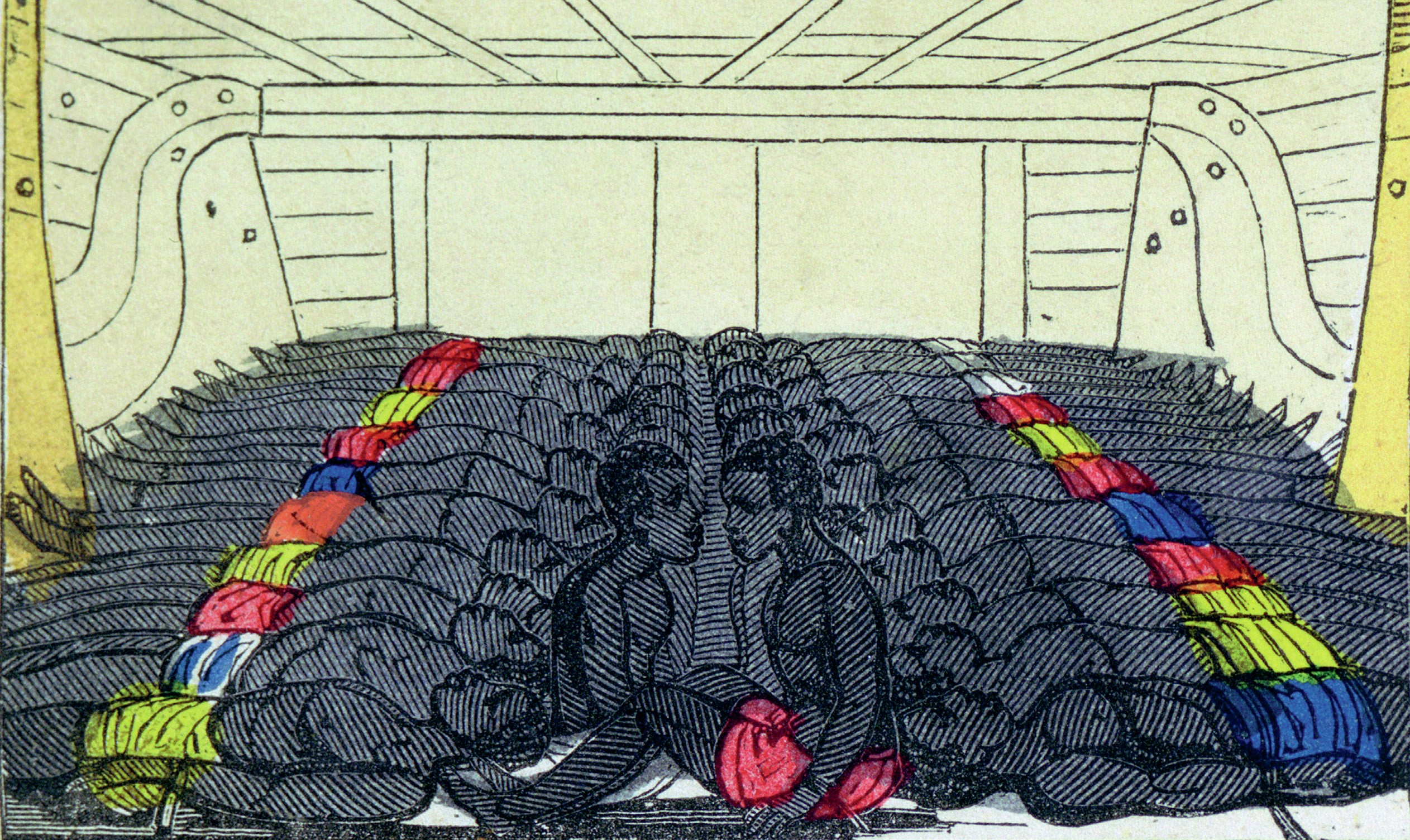
Colonialism refers to the practice of one nation or society taking and maintaining control over another society or group. This can be for economic, political, religious or cultural reasons, or a combination of these. Most colonising countries have been European, and include Great Britain, France, Spain, Portugal and the Netherlands, though Japan was also a colonising nation.
Colonised societies include those in the Americas, Africa and India. Colonised societies were exploited for their natural resources and as a source of cheap labour (including slavery), which enabled the economic expansion of the colonising nations. Typically, the colonisers imposed economic, political and administrative control over the subject nations, supressing or eradicating local structures, cultures, customs and languages.
Your organisation does not have access to this article.
Sign up today to give your students the edge they need to achieve their best grades with subject expertise
Subscribe



